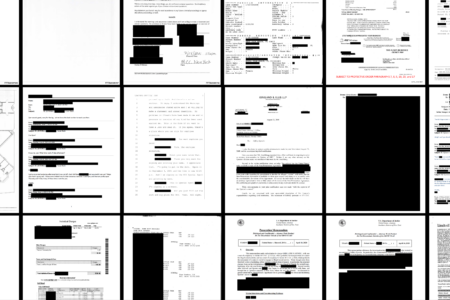The Czech government approved a new foreign policy strategy yesterday that focuses on national security as the main goal. Foreign Minister Jan Lipavsky said the updated policy replaces the previous one from 2015 and aligns with the 2023 national security strategy. This change reflects shifts in global power and the need for the country to adapt its foreign relations priorities for the coming years.
The new strategy sets five key priorities: ensuring the security of the state and its citizens, strengthening alliances and creating new partnerships, promoting Czech values, supporting economic prosperity, and protecting Czech citizens abroad. The government aims to build a stable and unified foreign policy that helps the Czech Republic protect and promote its interests worldwide.
The policy also addresses the risks posed by Russia and China, highlighting the threats from these countries. Given the Czech Republic’s location in a region affected by Russia’s imperial ambitions, it emphasizes the importance of deterring any future aggression in Europe. The strategy confirms that the Czech Republic will continue to be a reliable member of the European Union and NATO, actively participating in collective decisions and adapting to changes within both organizations.
In addition to traditional partnerships, the document highlights the growing importance of the Indo-Pacific region and sees opportunities for cooperation in Africa. It also discusses the increasing role of new technologies in shaping foreign relations.
This update builds on the 2015 foreign policy but addresses areas that were previously underrepresented, such as human rights, international law, climate change, resource policies, technological advancements, and China’s growing assertiveness. The new strategy is designed to guide the Czech Republic in responding to modern challenges and securing its position in a changing world.















